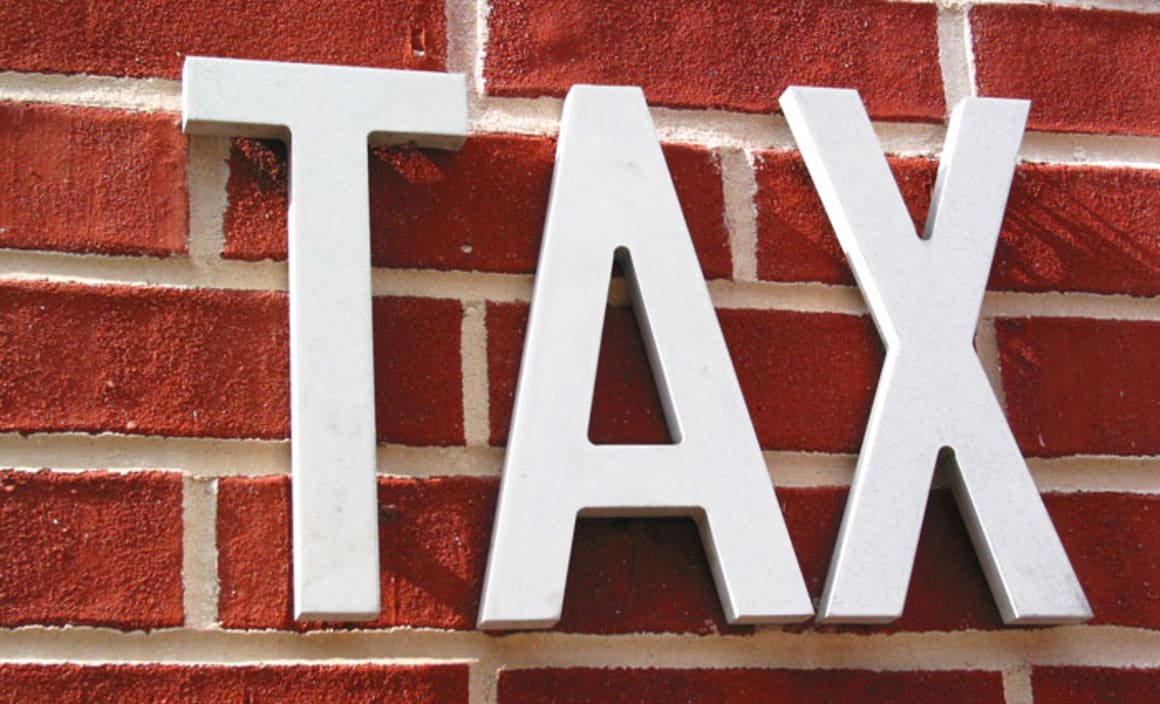Landlords warned to keep careful records when claiming rental properties as business

A recent Administrative Appeals Tribunal decision has reminded rental property owners to be particularly careful with record keeping if they claim to be conducting a business of letting rental properties.
In the AAT case, a taxpayer appealed the Australian Taxation Office’s decision that she was not carrying on a business of letting properties and was not entitled to claim certain tax deductions.
The taxpayer worked full-time as an industrial chemist and owned rental properties with her husband. The couple had been investing in property since the 1990s and owned nine properties in the 2003-2005 income years, to which the dispute related.
The taxpayer declared a net rental loss for those years and argued that she carried on a business of letting rental properties.
The AAT sided with the taxpayer in agreeing that she was carrying on a business in letting properties and allowed claims including part of her telephone, computer and work-related expenses.
It refused several other deductions, including car and travel expenses, repairs and maintenance costs, and the costs of investment seminars, saying that either the link to the taxpayer’s income-producing activities was not strong enough, or that she had “insufficient or unsatisfactory substantiation” of the claims.
HLB Mann Judd tax partner Peter Bembrick said it was rare for someone who had another full time job to claim to be operating a business of letting properties. He said in this case, the number of properties and the fact that the taxpayer had a track record of letting rental properties would have affected the decision that she was carrying on a business.
The taxpayer in this case did not have a business plan, and the rental activities had never returned a profit but the AAT found that that she intended to make a profit by increasing rents and buying more properties.
“The general test of carrying on a business is that it all comes down to: Are you doing it in a business-like manner? The scale is important but exactly how are you going about it?” Bembrick said.
“It would be helpful to have a business plan that can show that you are serious about the enterprise and that you had set out to make money. The ATO often has a problem with loss-making ventures such as primary production and agribusiness operations that make losses year after year and can’t show how they are ever going to make a profit.”
Bembrick says rental properties could be negatively geared and still be part of a business but there would have to be proof that there were prospects of making an income from the operation.
“If you’re solely dependent on making a capital gain the ATO might say it’s an investment not a business,” he said.
The main advantage in claiming to be conducting a business rather than holding investment properties is that more deductions are potentially available to people who are running a business.
Bembrick said that for most people who owned one, or a few, properties the deductions available to investors would be adequate.
The ATO may allow investors to claim deductions for home office and transport expenses relating to managing an investment property portfolio.
Both business operators and investors needed to maintain log books, diary notes and evidence of the expenses incurred in managing the properties, Bembrick said. Any training courses would have to have a clear link to the income-producing activities.
“People try to claim all sorts of courses, and maybe draw a long bow between the seminars and making investments. It would come down to the nature of the seminar,” Bembrick said.